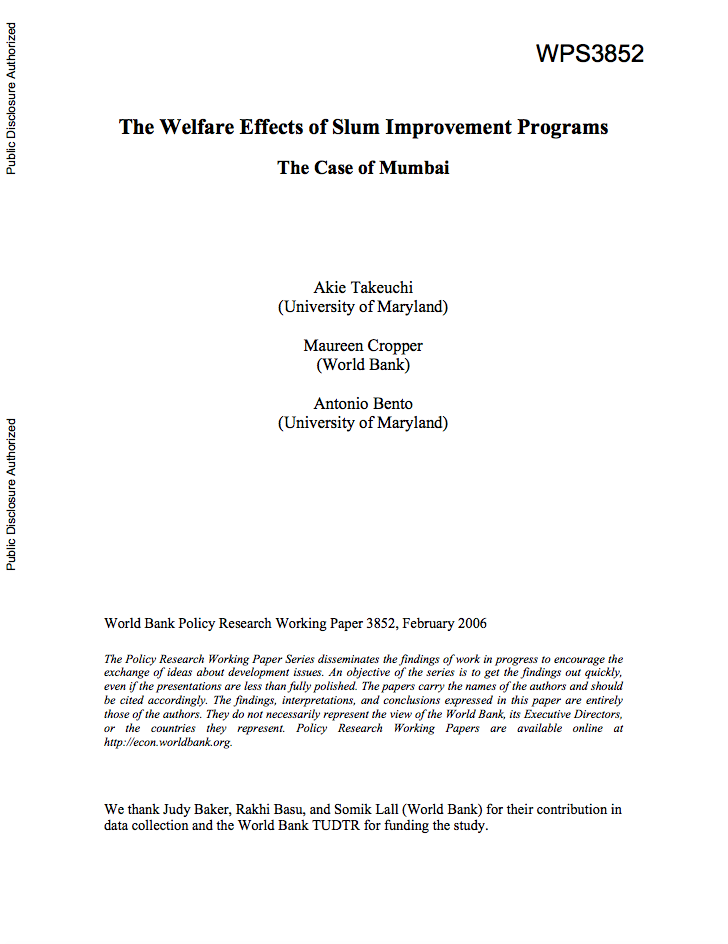Quantifying the Rural-Urban Gradient in Latin America and the Caribbean
This paper addresses the deceptively simple question: What is the rural population of Latin America and the Caribbean (LAC)? It argues that rurality is a gradient, not a dichotomy, and nominates two dimensions to that gradient: population density and remoteness from large metropolitan areas. It uses geographically referenced population data (from the Gridded Population of the World, version 3) to tabulate the distribution of populations in Latin America and in individual countries by population density and by remoteness.


